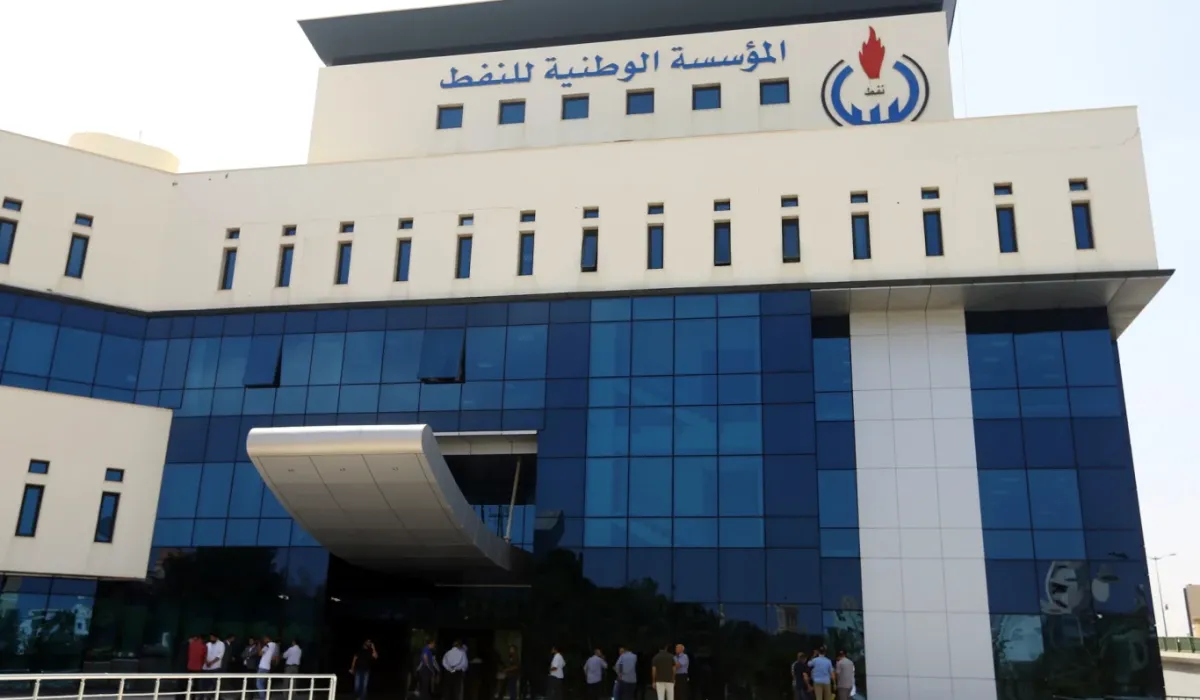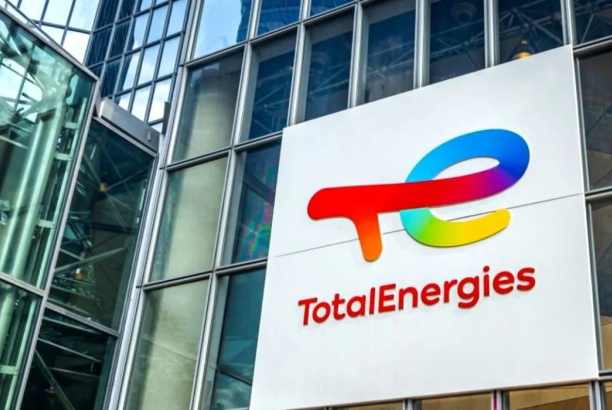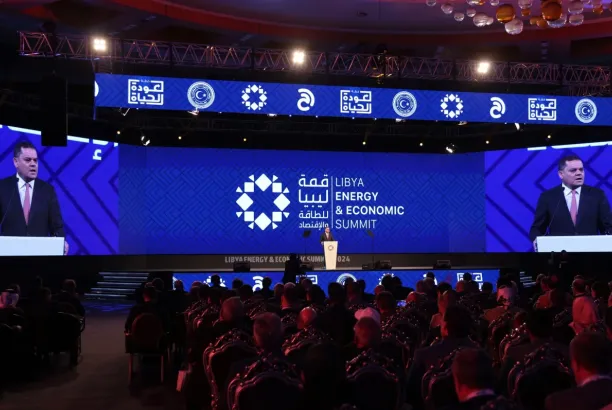
| Reports
The New York Times: The National Oil Corporation Is a Matter of Great Importance to Washington.. Here Are the Details
The American newspaper The New York Times revealed on Tuesday that the focus of President Biden’s advisor, Massad Boulos, revolves around the economy linked to the issue of Libya’s frozen funds abroad, warning that the clear bias toward the Dbeibah government could deepen tensions with the government in eastern Libya, further complicating the Libyan political scene.
According to the newspaper, the report shed light on a private working dinner that brought Boulos together with Dbeibah at a coastal villa in Tripoli. Unlike other public meetings the American diplomat held in Tripoli and Benghazi during his July visit, Boulos showed great interest in investment opportunities in Libya’s oil sector while focusing on business prospects in Tripoli. This, the report said, created a potential overlap between family interests and the priorities of official diplomacy.
The paper noted that during discussions in Doha, Boulos put forward a proposal that some media outlets described as unprecedented, suggesting the partial unfreezing of Libyan assets deposited in Western banks in exchange for awarding reconstruction contracts to American companies.
Observers pointed out that this arrangement clearly signals U.S. support for the Dbeibah government in Tripoli, sparking concern among some Western diplomats who raised the issue with the U.S. State Department.
The newspaper went on to say that Boulos initially denied attending the private dinner meeting, but later admitted to it, describing it as a work session and downplaying the significance of the discussions on frozen Libyan assets.
He also expressed interest in securing deals in Libya’s oil sector, according to sources close to him. Some Libyan businessmen voiced concern that the country deserves a more neutral mediator, reflecting the sensitivity of the situation regarding potential conflicts of interest.
Analysts described Boulos’ approach as reminiscent of Trump-era diplomacy, which prioritized business deals and opportunities for American companies, even when dealing with controversial or authoritarian figures.
The newspaper confirmed that Boulos and his team set three basic conditions for any future discussions. The first relates to the management of the National Oil Corporation — a matter of extreme sensitivity for Washington, which seeks to ensure the return of American companies to Libya’s oil fields. In this regard, Boulos relied on Italian support and expertise to balance Russian and Chinese influence in the region, according to the report.





